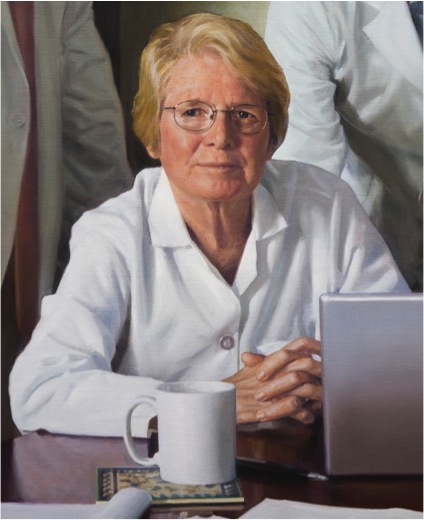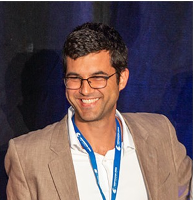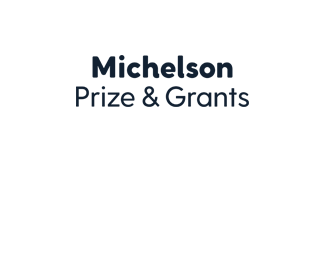Current Grantee Profiles
The following investigators are working in pursuit of a nonsurgical sterilant for cats and dogs with research funding from the Michelson Grants. Click on “Show Bio” and “View Project(s)” underneath each grantee’s heading to learn more about each PI and funded project. Read about our grantees’ experience with receiving funding from the Michelson Grants at Our Commitment to Grantees.

Show Bio »
Dr. Donahoe serves as Director of the Pediatric Surgical Research Laboratories at Massachusetts General Hospital and Marshall K. Bartlett Professor of Surgery at the Harvard Medical School. She is an Associate Member of the Broad Institute, Principle Faculty at the Harvard Stem Cell Institute, and Associate Faculty of the Center for Human Genetics Research. Dr. Donahoe has published 317 peer-reviewed publications, and holds 12 patents concerning Mullerian Inhibiting Substance (MIS). She is a member of the National Academy of Sciences, Academy of Arts and Sciences, National Academy of Medicine, and the National Academy of Inventors. Her work at the interface of clinical endocrinology in the care and reconstruction of children with intersex anomalies and research in reproductive developmental biology and oncology, led to the hypothesis that MIS could serve as a potential anticancer agent against human ovarian carcinomas as a tumor of Mullerian duct origin. Since MIS also acts in the ovary, recent work with Dr. David Pépin led to the study of MIS as a permanent contraceptive agent for cats and dogs.

Associate Director, Pediatric Surgical Research Laboratories, Massachusetts General Hospital, Boston, MA USA
Associate Molecular Biologist, Surgery | Simches Research Center, Massachusetts General Hospital, Boston, MA USA
Show Bio »
Dr. Pépin joined the Harvard Medical School faculty in 2014 where he holds the title of Associate Professor in the Department of Surgery at the Massachusetts General Hospital.
Dr. Pépin was trained as a reproductive biologist at the University of Ottawa, Canada, where he completed a PhD studying the regulation of follicle development in the ovary. His current research interests include both female reproductive development and the development of therapeutics for women’s health. Dr. Pépin has investigated the role of the anti-Müllerian hormone (AMH) in female reproduction and particularly in the context of ovarian function and disease. His laboratory was the first to describe the contraceptive effect of superphysiological AMH in animal models and elucidate its mechanism of action at the single cell level. He is currently developing therapeutics in late preclinical stage for contraception, assisted reproduction, oncofertility, and reproductive aging. Importantly, he leads the research efforts to develop a non-surgical permanent contraceptive for use in companion animals (cats and dogs) based on viral gene therapy delivery of AMH.


